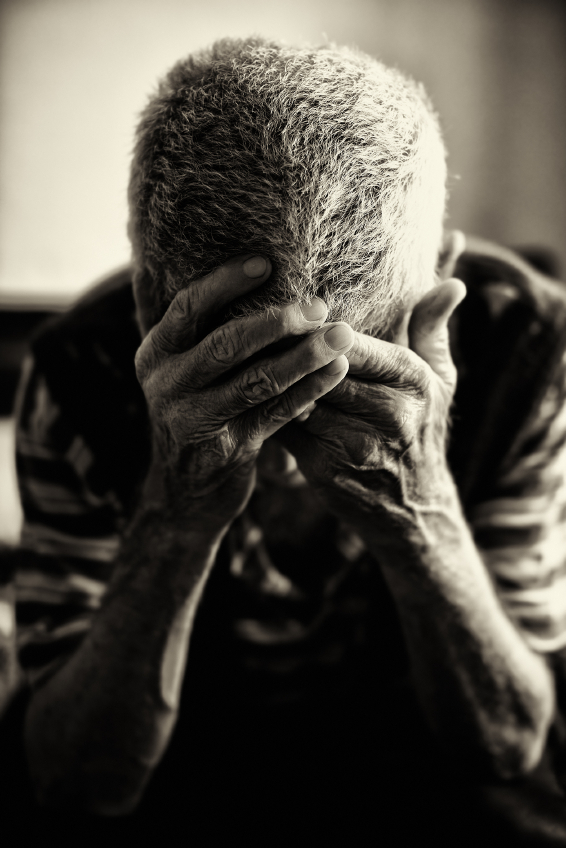AARP Hearing Center
As the pandemic stretches on, the prolonged isolation, financial uncertainty, and fears about the coronavirus may harm your mental health. Some people are feeling the strain in the form of depression, anxiety, and insomnia. How do you handle these feelings and any specific mental health challenges during this stressful time?
Greg Hansch, the Executive Director of the National Alliance on Mental Illness of Texas also known as NAMI, joined podcast host Eddie Orum to talk about mental illness and how to deal with it during a pandemic.
He said that while there may be a stigma related to mental health conditions, Hansch said they are more common than you may think. There are also several different types of this condition.
“A mental health condition is something that affects a person’s thinking, feeling, behavior, or mood. These conditions deeply impact day to day living and may also affect a person’s ability to relate to others, said Hansch.
They can also have an impact on how people deal with stress, how they relate to others and people make choices. Hansch said mental health is important for people in all stages of life. He said people need to know they are not alone.

“People don’t realize this because often, they are afraid to talk about what the impact of mental health looks like in their lives,” said Hansch.
One in five U.S. adults experiences a mental health condition at any given year. One in 25 experiences a serious mental health condition according to Hansch. The latest research shows that not one event leads to a mental health condition. Things like genetics, environment, and lifestyle could cause the condition.
“COVID, itself, can cause mental health conditions or exacerbate mental health conditions. There is the anxiety of contracting COVID-19,” said Hansch.
Hansch adds that a shaky job market, financial woes, trauma, and grief over losing loved ones or having a loved one get sick can cause incidents.
“There’s the big factor of isolation and loneliness, which was an epidemic in our society before COVID came around,” said Hansch. “Over 20 percent of adults would say that loneliness was a major impediment to their wellness and that can cause a range of health issues.”
Hansch said there are red flags that would indicate a mental health condition. He said people should seek help if they are feeling isolated, sad, overwhelmed, feel excessively worried, have trouble reading, and if their diet is interrupted. Your general practitioner can help direct you to a mental health professional who may be able to help said, Hansch.
“You can reach out to organizations like mine, NAMI (National Alliance on Mental Illness) Texas. We have the ability to point people towards the resources they may need,” said Hansch.
Anyone wanting to get information from NAMI can call 512.693.2000.































































